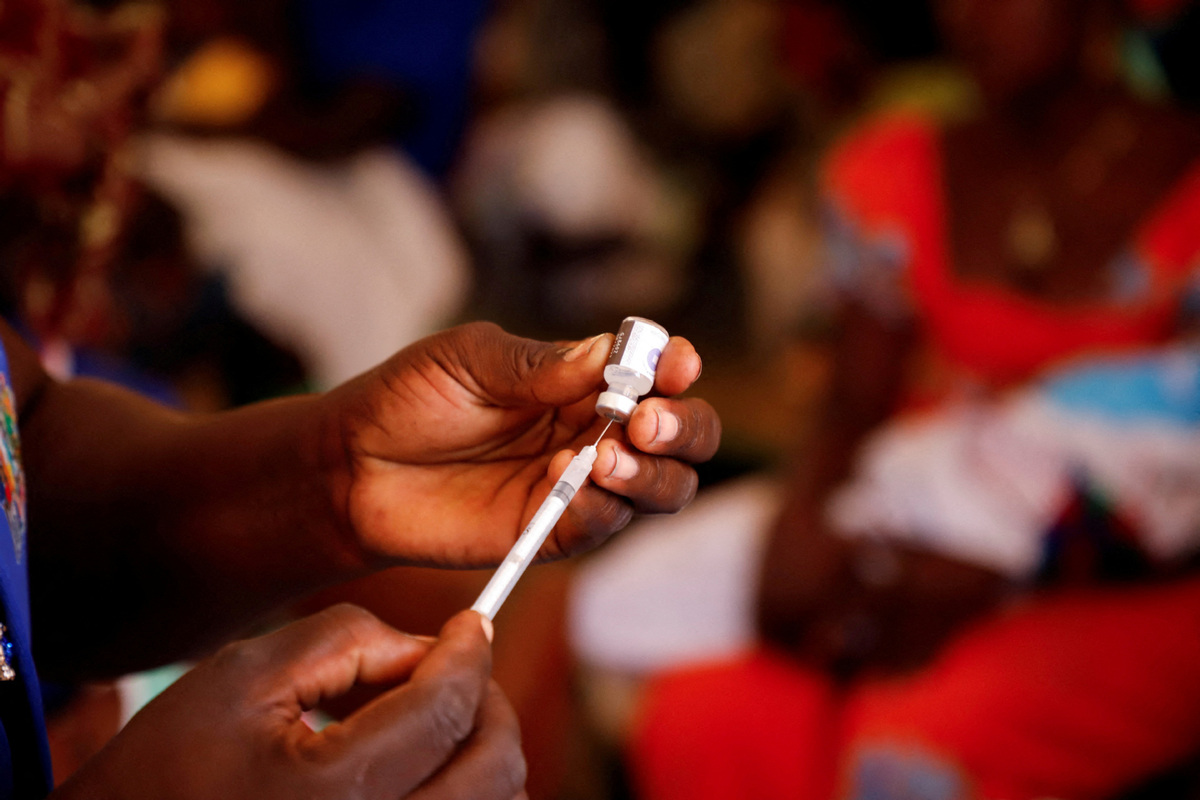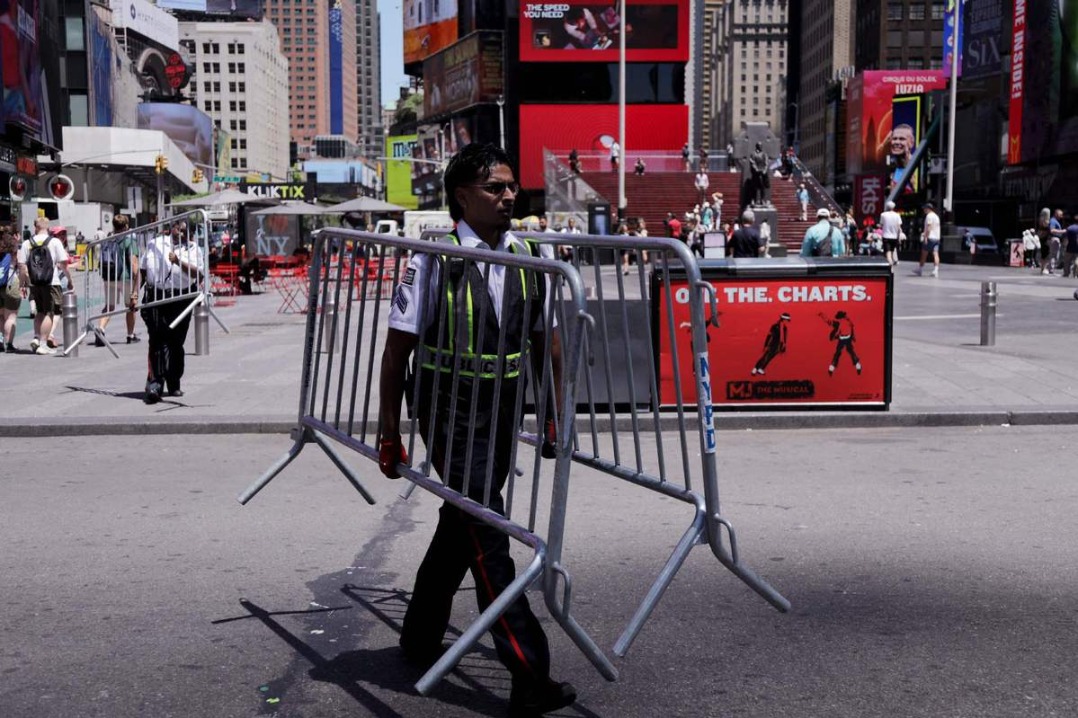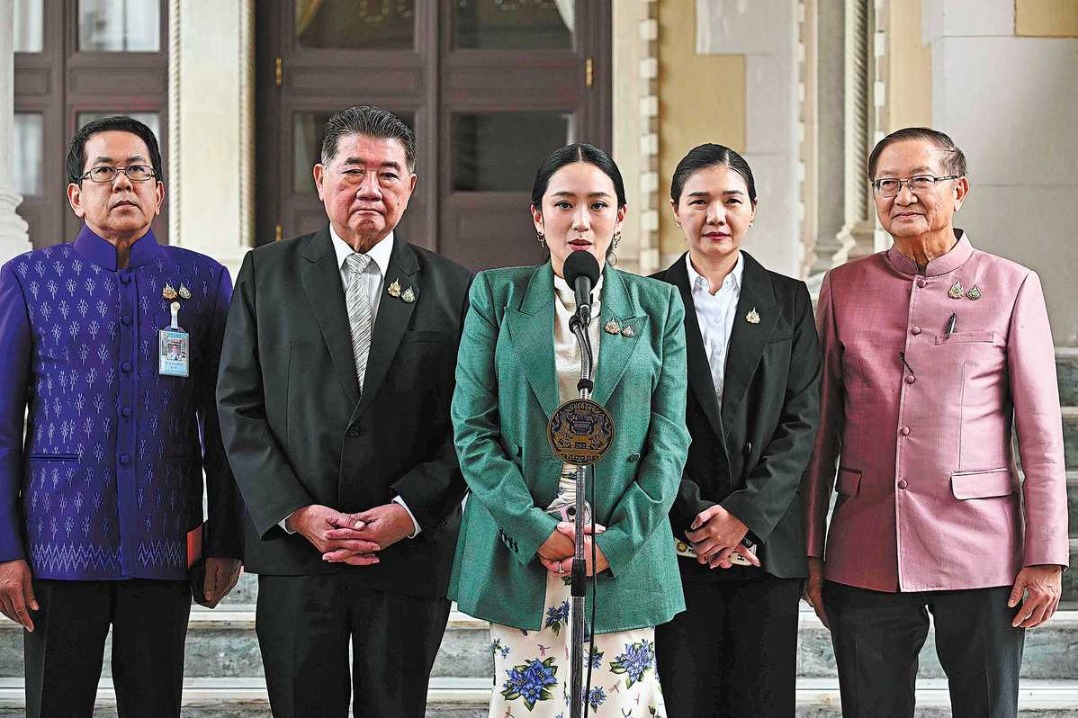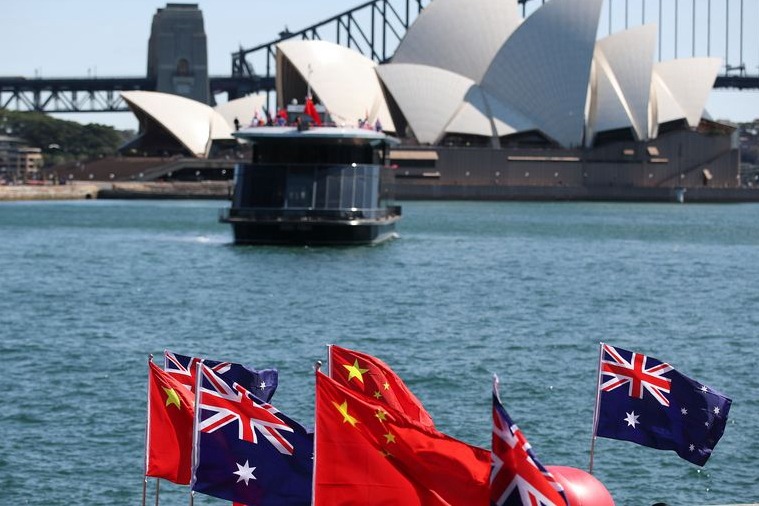Experts see climate change fueling rise in malaria cases


Climate change, including rising temperatures, has left Africa facing a rise in malaria cases and other mosquito-borne infections such as dengue fever, and this is placing immense pressure on public health systems, according to health experts.
Dorothy Memusi, an academic researcher who has previously served as deputy director of the malaria division in Kenya's Ministry of Health, said climate change is worsening disease patterns, and diseases are emerging in areas where they did not exist before.
She cited study results showing that Kenya's highland regions, such as parts of the Rift Valley that previously had a low prevalence of malaria, are currently recording rising cases of the disease, and these are linked to subtle changes in the region's climate.
"The resurgence of malaria in the east African highlands has shown how small changes in climate can influence the geography of some tropical diseases," Memusi said.
According to a report published by the World Health Organization in December, climate change is increasing the risks of malaria transmission globally. In Africa, it is expected that climate change will lead to 550,000 additional deaths due to malaria between 2030 and 2049, according to the report.
According to Memusi, research has shown that at 18 C it takes the malaria parasite 51 days to mature. The average life span of the female Anopheles mosquito is about three weeks. At lower temperatures, the parasite simply does not have time to become infectious. She also said an increase of about two degrees in highland areas can lead to an exponential increase in transmission because the parasite takes much shorter to develop inside the mosquito.
Changes in temperature can affect the development and survival of malaria parasites and the mosquitoes that carry them, according to another joint study conducted in 2004. Rainfall also influences the availability of mosquito habitats and the size of mosquito populations, the research found.
"A rise in temperature, rainfall, and humidity is likely to cause a proliferation of the malaria-carrying mosquitoes at higher altitudes, resulting in an increase in malaria transmission in areas in which it was not reported earlier. At lower altitudes where malaria is already a problem, warmer temperatures have proved to alter the growth cycle of the parasite in the mosquito, enabling it to develop faster, increasing transmission and thus having implications on the burden of disease," Memusi said.
Human activities
However, despite the ongoing research into the matter, Memusi urged caution and warned that it may not be possible to quantify how climate change affects malaria transmission, which depends on many factors such as population and demographic dynamics, and human activities such as deforestation, insecticide resistance, drug resistance or irrigation.
Willis Akhwale, a medical doctor and a special adviser to the Kenya End Malaria Council, said that despite malaria cases being reported in places that did not previously exist particularly the highland regions in Kenya that used to be too cool for malaria, rising malaria rates are more likely the result of increased drug resistance in malaria parasites and the infrequent use of pesticides in mosquito breeding grounds.
"We still insist that surveillance and preparedness will remain major components of the malaria control strategy. In addition to early diagnosis and prompt effective treatment, selective parasite control and capacity-building to prevent epidemics and control transmission have been the other areas of focus," Akhwale said.

































